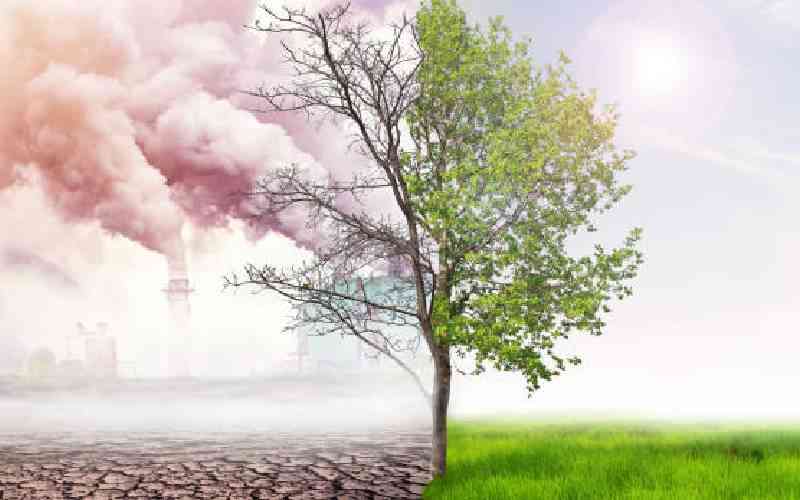×
The Standard e-Paper
Fearless, Trusted News

The current devastating effects of climate change such persistent droughts, crop failures, drying of rivers, reduced water volumes, human-wildlife conflicts and loss of biodiversity can be attributed to poor management of the environment.
Admittedly, climate change continues to pose serious consequences for the environment, and many countries in Africa are in the grip of economic depression and recession due to climate change effects.